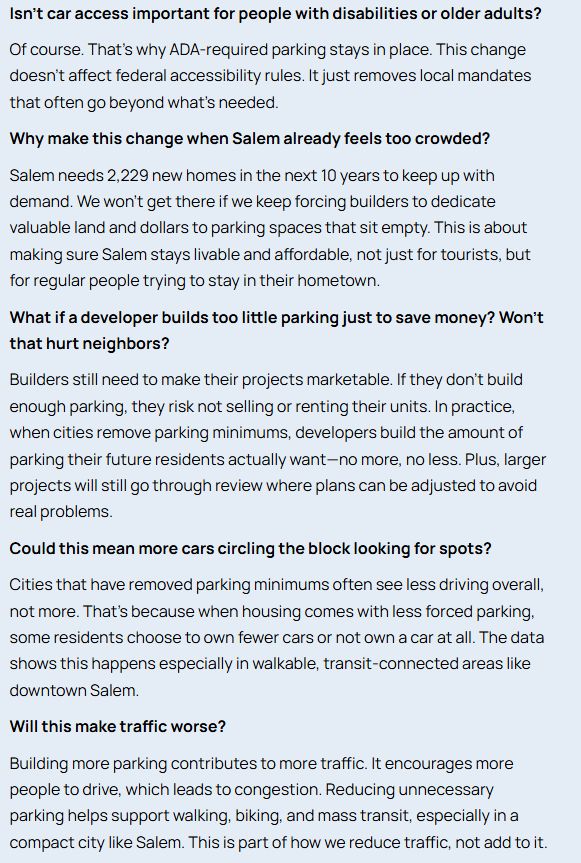Waltham Inclusive Neighborhoods
@wneighborhoods.bsky.social
720 followers
240 following
57 posts
Advocating for more abundant and affordable housing in Waltham, MA.
subscribe to our email list: walthampolitics.com/win
Linktree: https://linktr.ee/WIN_Waltham
Posts
Media
Videos
Starter Packs
Reposted by Waltham Inclusive Neighborhoods
Reposted by Waltham Inclusive Neighborhoods
Reposted by Waltham Inclusive Neighborhoods
jamelle
@jamellebouie.net
· Aug 11
Reposted by Waltham Inclusive Neighborhoods
City Nolan
@ndhapple.bsky.social
· Aug 1

New Housing Slows Rent Growth Most for Older, More Affordable Units
The nationwide housing shortage has driven rents up more in low-income neighborhoods than in the U.S. overall, but in areas that have recently added large amounts of housing, rents have fallen the mos...
www.pew.org
Reposted by Waltham Inclusive Neighborhoods
Reposted by Waltham Inclusive Neighborhoods
Reposted by Waltham Inclusive Neighborhoods
Reposted by Waltham Inclusive Neighborhoods
Jonathan Berk 🏠
@berkie1.bsky.social
· Jun 25

Rigid Parking Minimums Increase Housing Costs: Making Denver Affordable Requires Flexibility
A propoal heading to Denver City Council would help lower rents and home prices in an era of high building material costs and exorbitant interest rates.
www.westword.com
Reposted by Waltham Inclusive Neighborhoods
Reposted by Waltham Inclusive Neighborhoods
Jeff Wachter
@jeffwachter.bsky.social
· Jun 18

Want to understand why the Massachusetts housing market is broken? Look at this chart. - The Boston Globe
The typical home in Massachusetts now costs six times more than the average household’s annual income. In Greater Boston, it is more like seven times more.
www.bostonglobe.com



























